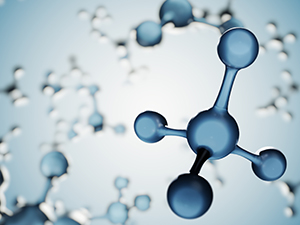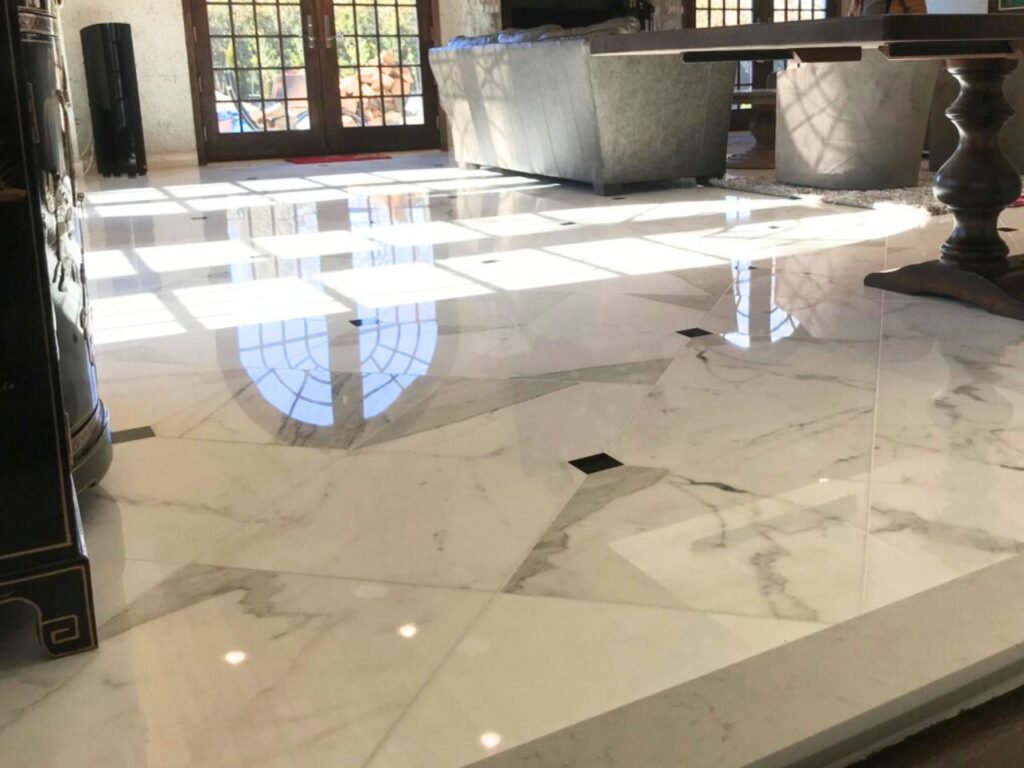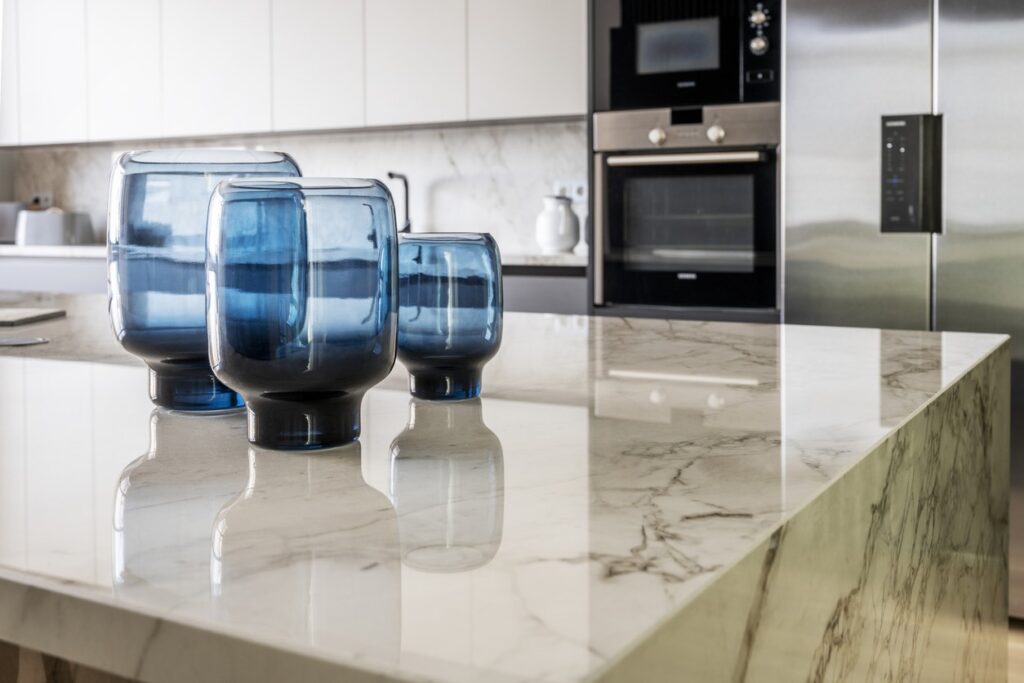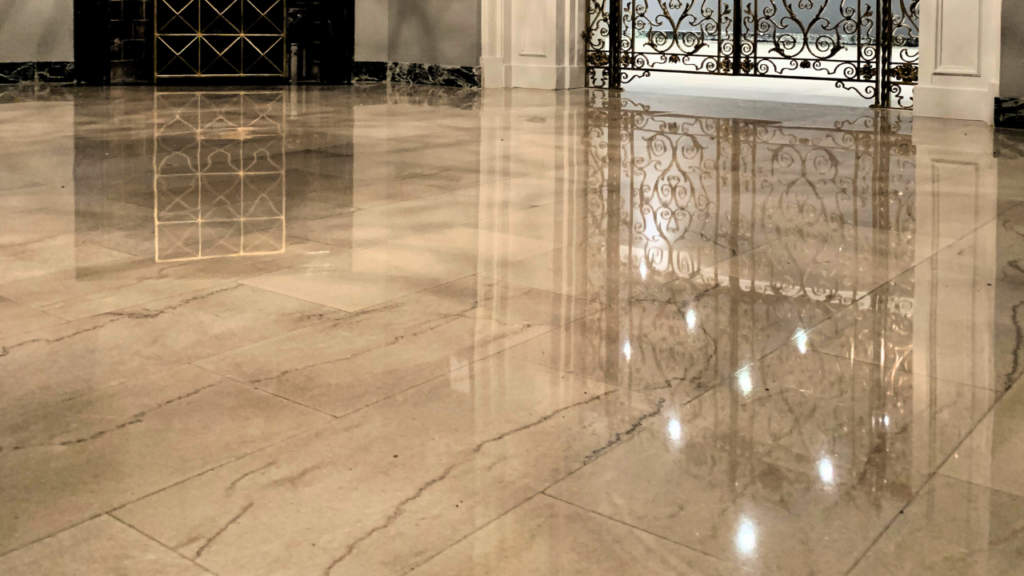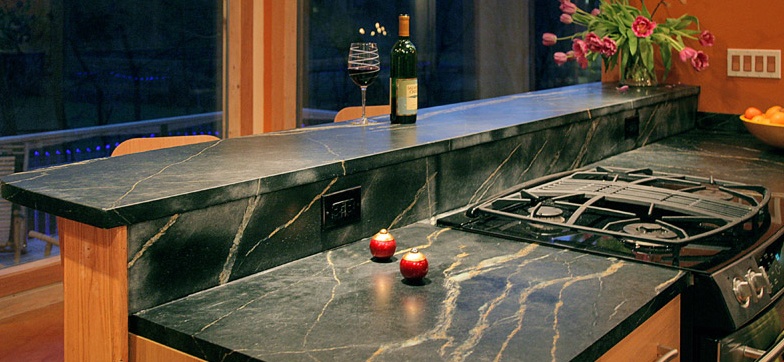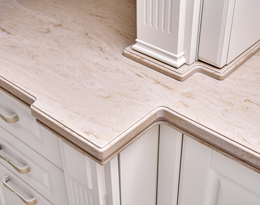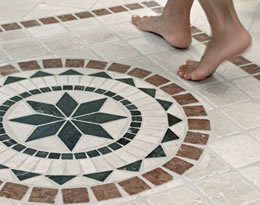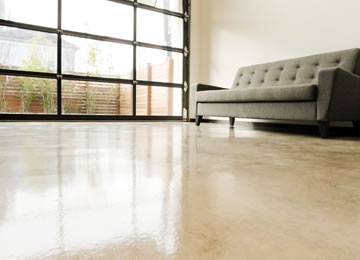Alkaline Can Etch Natural Stone
Many people who own marble countertops, floors, or other surfaces are aware that acidic substances like vinegar, lemon, tomato, etc. can cause etching on natural stone, but did you know that substances that are high in alkaline can also cause etching?
About Alkaline Etch Damage
Liquid Plumber, alkaline strippers, ammonia, and heavy duty stone cleaners can cause alkaline etch damage on natural stone because of a chemical reaction in which alkaline salts are deposited into the surface of the stone. An alkaline etch mark is similar in appearance to an acid etch mark.
A persistent white spot on a glass from your dishwasher is an example of an alkaline etch. Dishwashing detergents tend to be high in alkaline, and if your rinse cycle is not thorough enough, the alkaline causes chemical damage to the surface of the glass. That is why the spot does not disappear when you dry it with a towel. Similarly, high alkaline substances cause etch damage on natural stone, and such damage cannot simply be wiped or cleaned away.
Removing Alkaline Etch Marks
If your natural stone is something other than polished marble, you may attempt to remove a moderate alkaline etch mark using a mild acid. Be sure to thoroughly rinse the area to avoid causing acid etch damage to the stone. Re-honing and re-polishing may be necessary. Please feel free to contact us with questions or concerns you have about alkaline etch damage.
This is one of a series of articles written and published on behalf of Surface Care PRO Partners.

